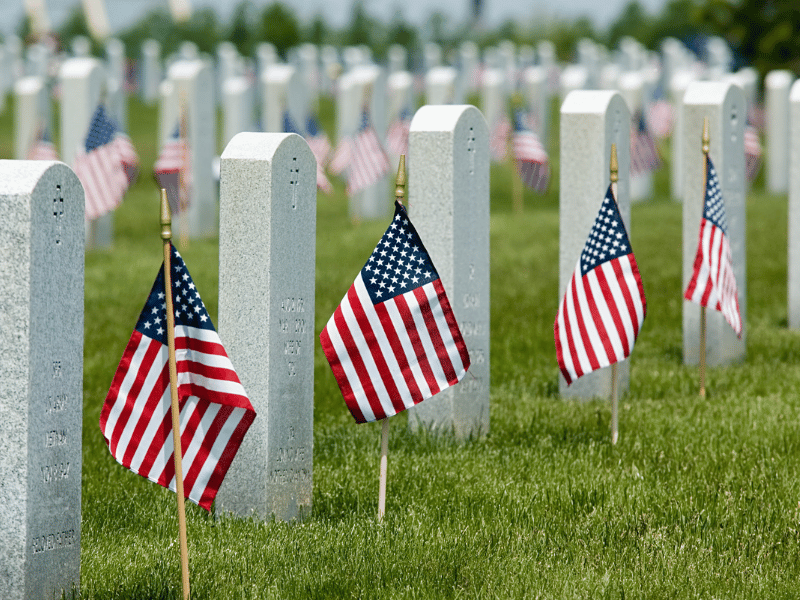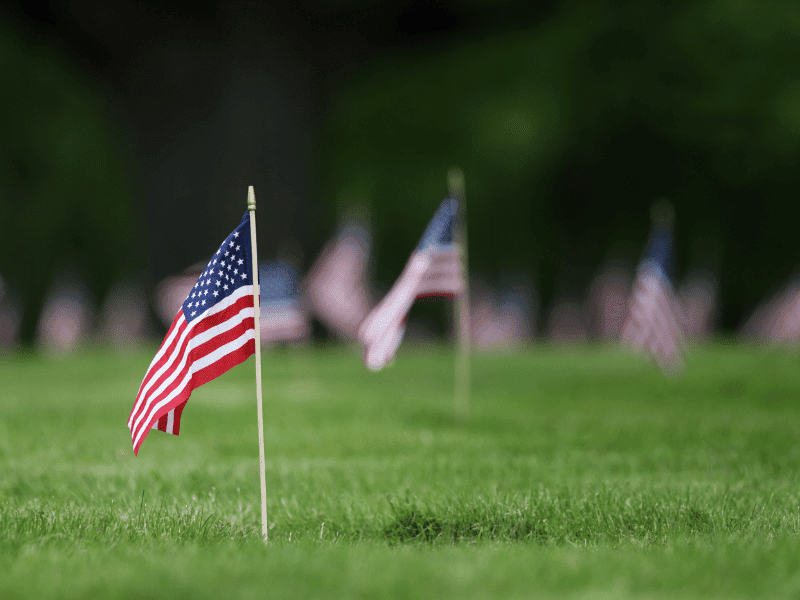
It’s Really About You This Memorial Day
Dearest military service members, veterans, military spouses, family members, and troops supporters. You each have a unique perspective, a unique story to tell. This Memorial Day weekend, I’d like to hear your stories. If you’d like to write a Memorial Day guest post to be featured here, please contact me or comment below.
eMail Our Military has changed and grown so much since I launched it after 9/11, and it’s never been about me or my team but rather about supporting our troops the best way we know how. If you’d like to become more involved in supporting our troops, we’d love to have you.
The Origins of Memorial Day

Memorial Day, originally known as Decoration Day, originates in the aftermath of the American Civil War. The Civil War fought from 1861 to 1865, resulted in a tremendous loss of life. In the years following the war, communities across the United States began holding commemorative events to honor and remember the fallen soldiers.
The precise origins of Memorial Day are not entirely clear, as different communities claim to have been the first to observe it. However, the first widely recognized observance occurred in Charleston, South Carolina. On May 1, 1865, recently freed African American slaves organized a memorial event to honor Union soldiers who had died in a prisoner-of-war camp. They exhumed the bodies from a mass grave and gave them a proper burial while creating a cemetery and monument to commemorate the fallen soldiers. This event is often considered the earliest predecessor of Memorial Day.
Another significant influence on the establishment of Memorial Day was General John A. Logan, a leader of the Grand Army of the Republic (GAR), a prominent veterans’ organization. On May 5, 1868, General Logan issued General Order No. 11, which called for the observance of Decoration Day on May 30 of that year. It was designated as a time to decorate the graves of Union soldiers with flowers and honor their sacrifice. The date of May 30 is believed to have been selected because it did not coincide with any significant battle anniversary.
Over time, Decoration Day gradually evolved into Memorial Day. The holiday expanded beyond honoring Civil War soldiers to include fallen soldiers from all wars in which the United States had participated. In 1971, Memorial Day was officially recognized as a federal holiday and designated to be observed on the last Monday in May, creating a three-day weekend for commemorative activities.
Today, Memorial Day is a time to pay tribute to and remember the men and women who have died in military service. It’s marked by ceremonies, parades, flag-raising ceremonies, speeches, and the decoration of graves with flags and flowers. It is also seen as the unofficial start of the summer season, with many people taking the opportunity to spend time with family and friends, enjoy outdoor activities, or visit national cemeteries to honor the fallen.


Let's keep the conversation going ...